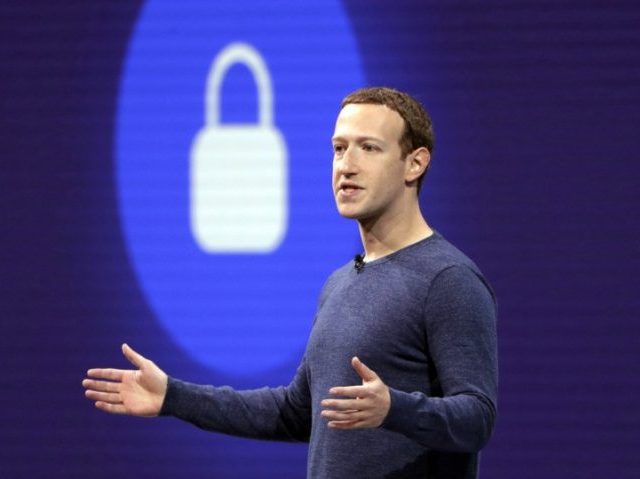Sens. Josh Hawley and Ted Cruz urged the Federal Trade Commission (FTC) to investigate America’s largest technology companies’ censorship practices, given their “enormous influence” and the “alarming and endless” possibilities for abuse.
Sens. Hawley (R-MO) and Cruz (R-TX), two of the Senate’s most vocal opponents against big tech censorship, wrote a letter to the FTC, urging the consumer protection agency to use its section 6(b) authority to investigate how America’s largest tech companies censor and make those findings public.
Cruz and Hawley said that the FTC can use federal code 15 U.S.C. § 46(b) to investigate companies to investigate the big tech companies’ “conduct” and “practices.” The FTC can collect non-public information from companies and study matters relating to competition and consumer protection. The consumer protection agency also started a task force to investigate potential anti-competitive conduct by big tech.
The senators wrote to the FTC:
Big tech companies like Google, Facebook, and Twitter exercise enormous influence on speech. The vast majority of internet traffic flows through just a handful of these companies. They control the ads we see, the news we read, and the information we digest. And they actively censor some content and amplify other content based on algorithms and intentional decisions that are completely nontransparent. Never before in this country have so few people controlled so much speech.
The letter to the FTC arises as President Donald Trump held a social media summit at the White House last week, which criticized big tech’s censorship of conservatives. President Trump praised Sen. Hawley’s legislation to audit social media companies’ content moderation processes for political bias as “very important.” A majority of Republicans and independents support the legislation, and 46 percent of Democrats favor the bill.
Sens. Hawley and Cruz noted that given these companies “enormous influence,” the possibilities for abuse “are alarming and endless.”
Cruz, the chairman of the Senate Judiciary Subcommittee on the Constitution, will hold a hearing on Google’s censorship practices through its search engine. Hawley, also a member of the Senate Judiciary Committee, will attend the hearing.
The senators noted that it remains challenging to capture the scope of big tech censorship outside of account suspensions, given the endless ways big tech companies can downrank and censor content. They explained:
The possibilities for abuse in this area are alarming and endless. Apart from more salient examples of censorship like account suspensions, nobody knows who or what these companies censor or amplify. Most content curation occurs in ways impossible for outsiders to detect. Some content is downgraded: the content appears in fewer recommendations, lower on search pages, and less often in news feeds. Other content is amplified through the same means.
Further, the senators charged that with the big tech companies’ “immense power,” they can “sway elections” by changing how Americans view content online.
“By controlling the content we see, these companies are powerful enough to—at the very least—sway elections. And we’re told we have to be satisfied simply with trusting them not to abuse this immense power,” they added.
Dr. Robert Epsetin, a senior research psychologist at the American Institute for Behavioral Research and Technology, recently told Fox News Channel’s Tucker Carlson that big tech could shift up to 15 million votes by changing its algorithms and content moderation processes.
Epstein told Carlson in June that big tech “can shift upwards of 15 million votes with no one knowing they have been manipulated and without leaving a paper trail for authorities to trace.”
“Companies that are this big and that have the potential to threaten democracy this much should not be allowed to curate content entirely without any transparency. These companies can greatly influence democratic outcomes, yet they have no accountability to voters,” Hawley and Cruz added. “They are not even accountable to their own customers because nobody knows how these companies curate content.”
Read Sens. Hawley and Cruz’s letter to the FTC here.
Sean Moran is a congressional reporter for Breitbart News. Follow him on Twitter @SeanMoran3.

COMMENTS
Please let us know if you're having issues with commenting.